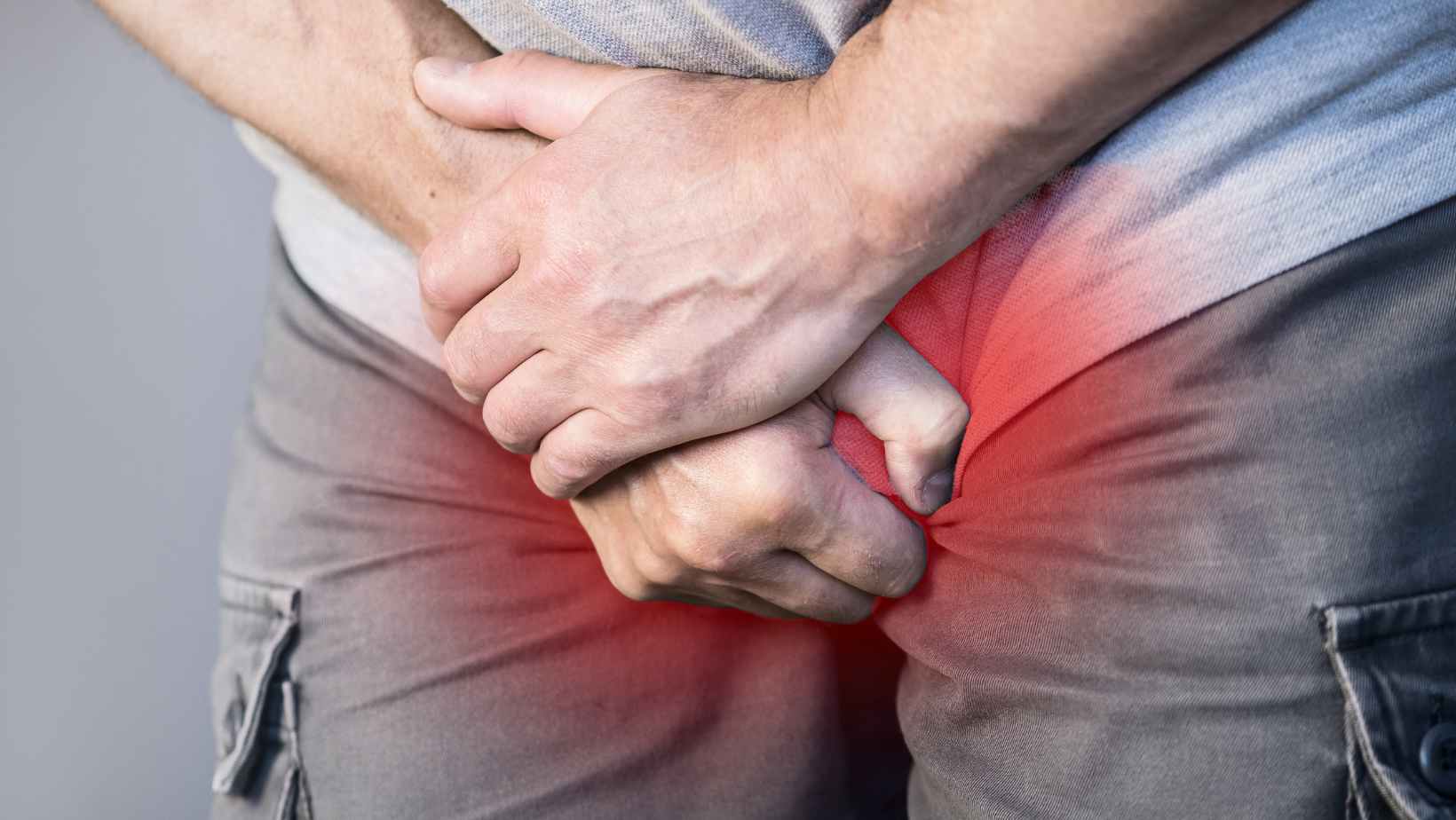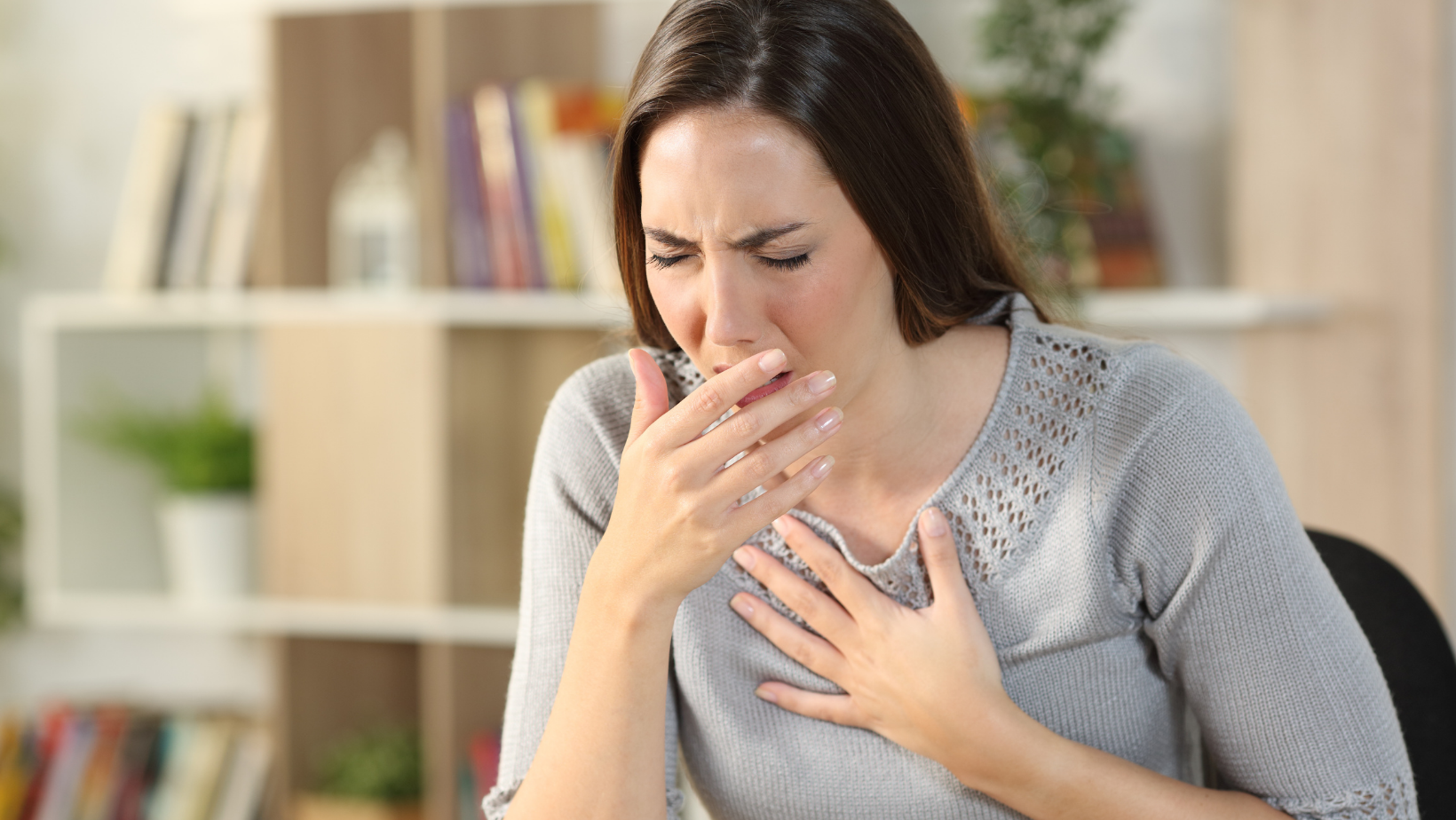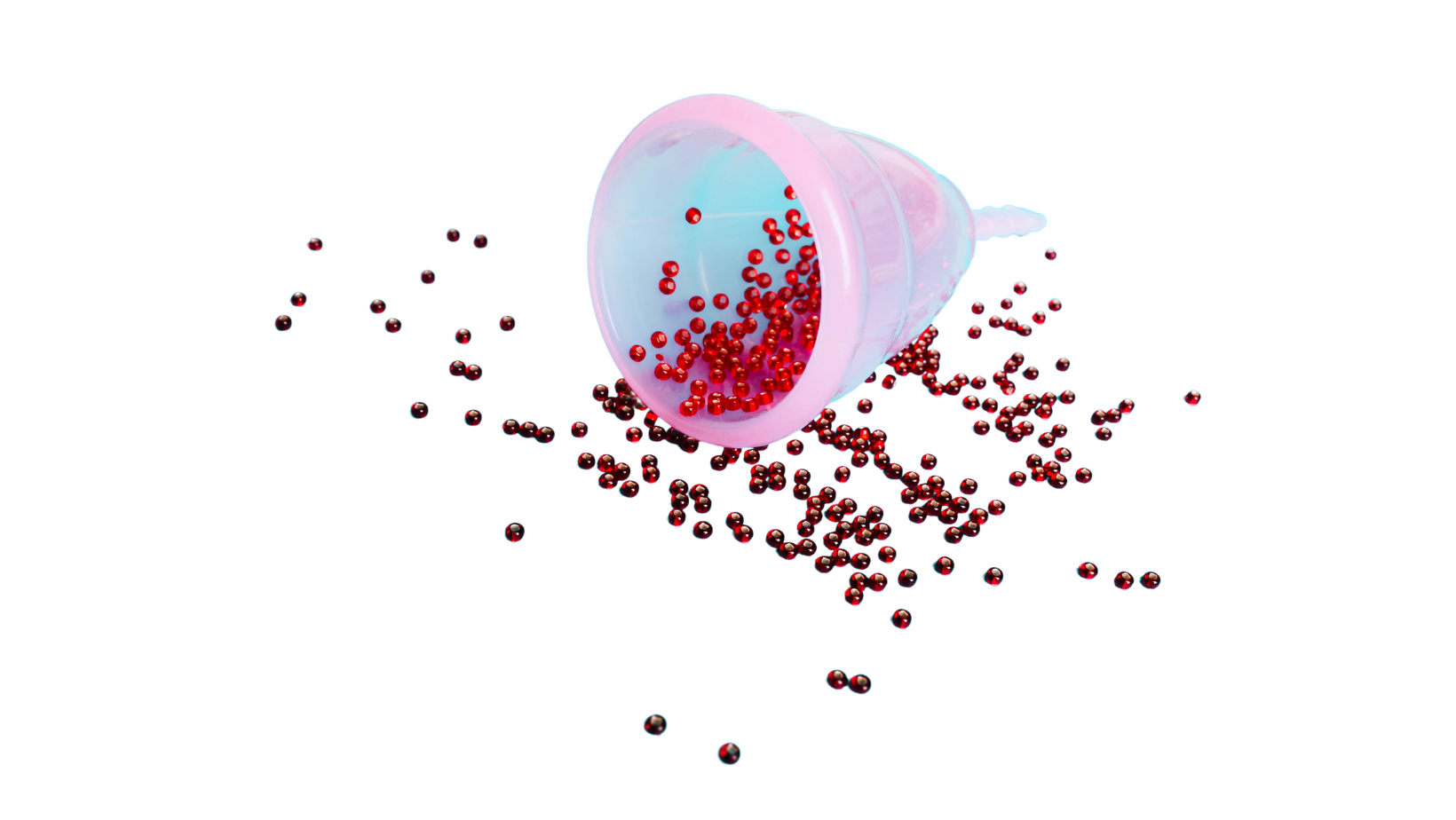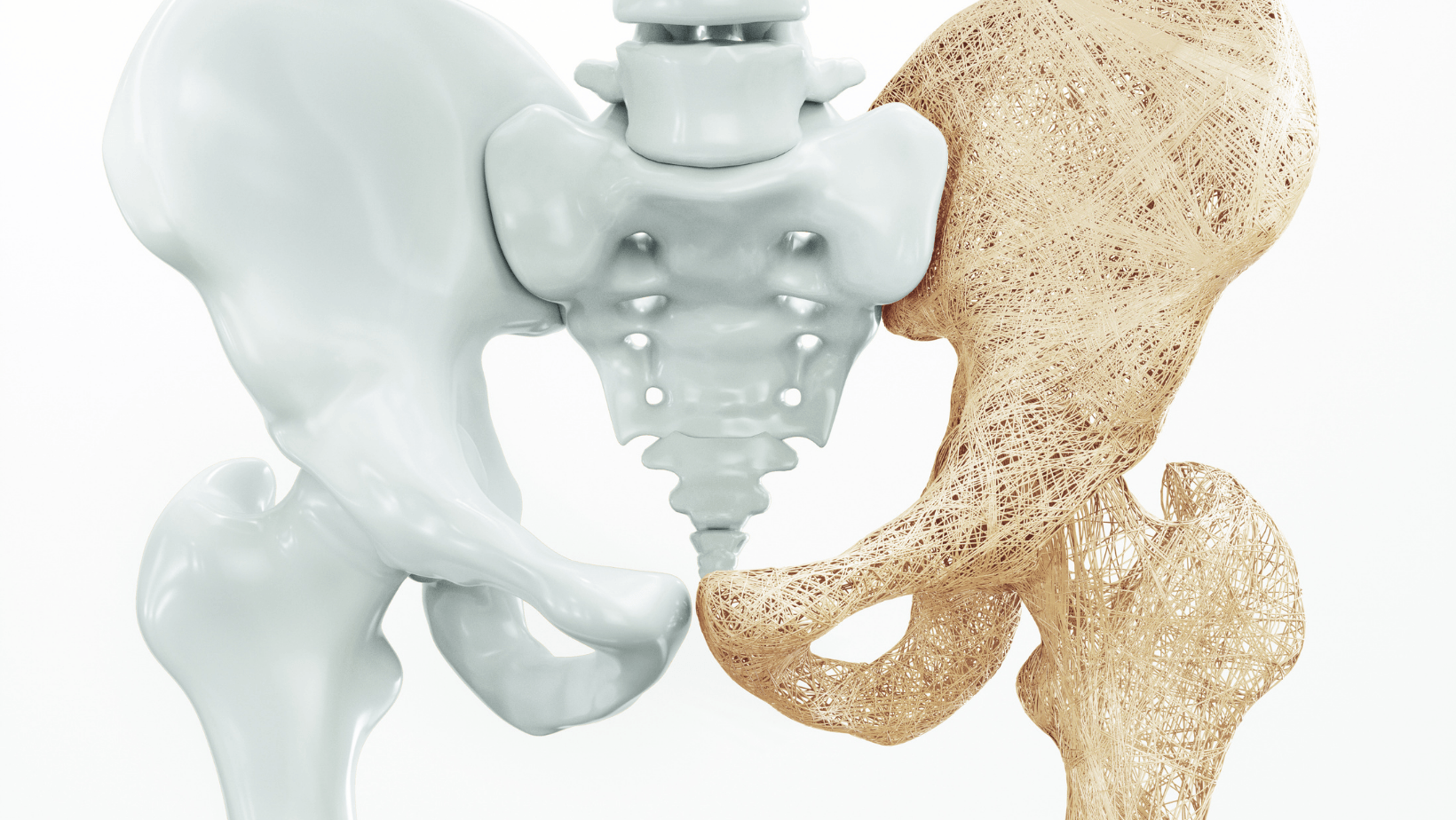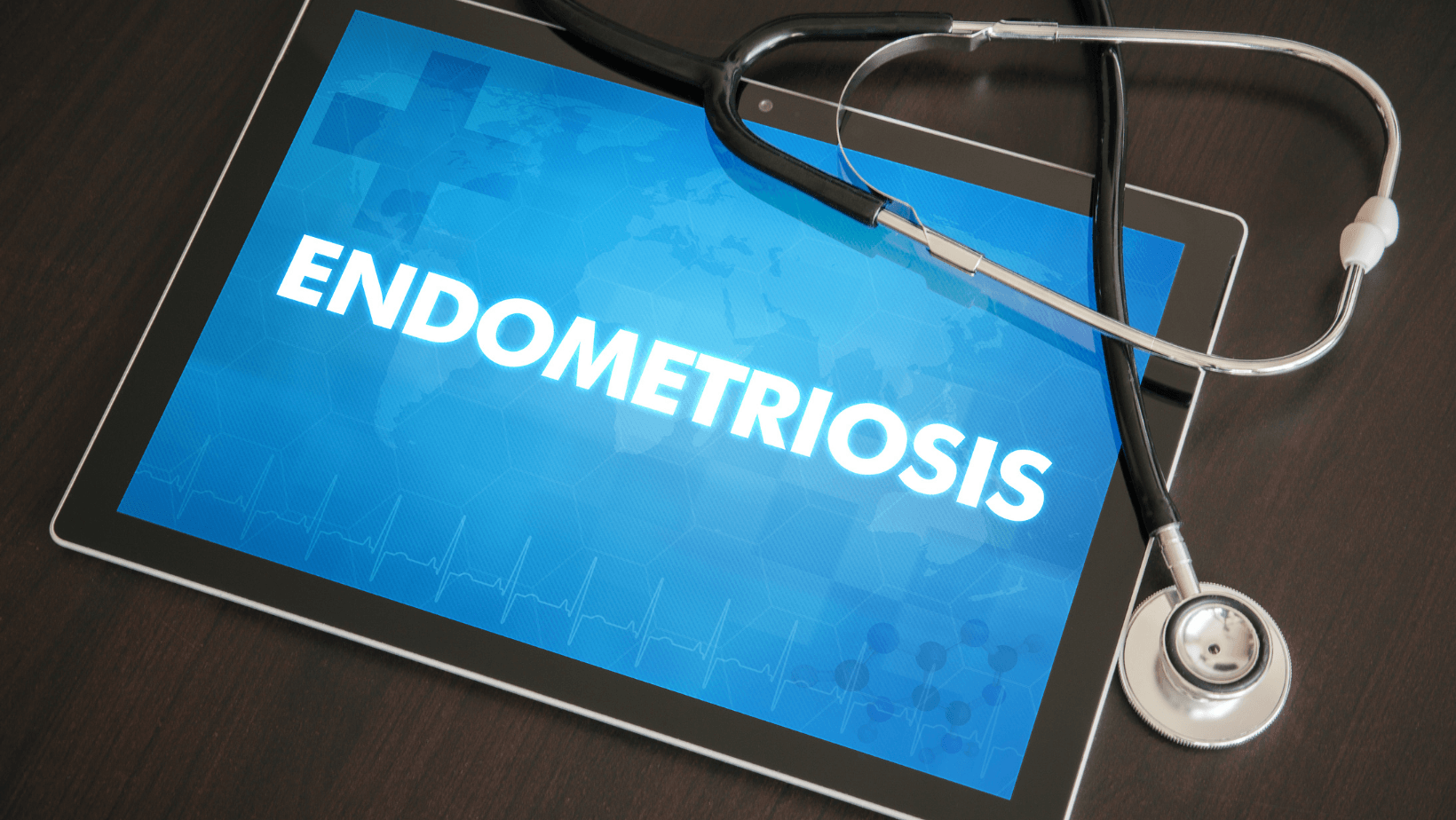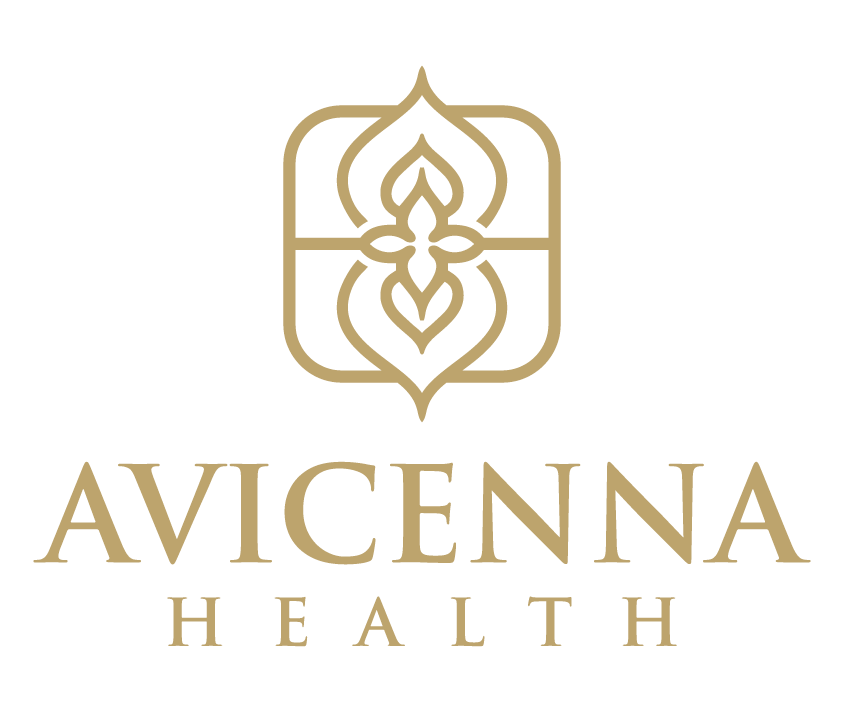Angina Pectoris - Symptoms, Causes, and Treatment - Avicenna Health
Angina Pectoris
When people have pain in their chest, they start to panic and freak immediately because they know that chest pain is a bad indicator of something serious happening in their bodies. Heart dying, maybe! Or something less dangerous. Let’s figure out cardiac chest pain and how to describe it and differentiate it from other causes of chest pain.
Definition of Angina
It is a chest pain that is felt when the heart doesn’t get enough blood. It is often described as squeezing, tightness, pressure, heaviness, or pain in the chest. Some people describe it as if there is a heavyweight lying on their chest. People may also feel discomfort in the neck, jaw, arm, and shoulder.
Symptoms
- Chest pain or discomfort: it occurs when the heart needs to work harder, like when doing exercise. This pain does not come as a surprise. It usually lasts for 5 minutes or less. It can be relieved by medicine or rest.
- Dizziness
- Fatigue
- Nausea
- Shortness of breath
- Sweating
Causes of Angina
As previously stated, angina happens because the heart does not get enough blood to pump and work properly. The most common cause of that is atherosclerosis, when the heart arteries become narrowed by fatty deposits.
Risk Factors
- Smoking: it damages the walls of the arteries and allows deposits of cholesterol to build up and block the blood flow
- Diabetes: it can increase the risk of having atherosclerosis
- High blood pressure: it can damage the arteries
- High blood cholesterol
- Family history
- Old age
- Obesity
- Stress
When to see a doctor?
- Anyone who feels pain in the chest should see their doctor and seek medical advice as soon as possible.
Diagnosis
- Resting ECG: it may show some changes that suggest ischemia or prior infarction
- Cardiac enzymes
- Hemoglobin: patients can have anemia
- Lipid profile: to see if there is a high cholesterol level
- Fasting blood glucose: it is elevated if the patient has diabetes
- Exercise tolerance test: it is doing ECG while the patient is running on a treadmill
- Cardiac CT angiography: to see if there is a narrowing of the arteries
- Invasive coronary angiography
- Chest X-Ray
- Rest echocardiography
- Thyroid-stimulating hormone
Differential Diagnosis
- Aortic dissection
- Pericarditis
- Pulmonary embolism
- Pneumothorax
- Pneumonia with pleurisy
- Esophagitis
- Esophageal spasm
- GERD
- Biliary colic
- Cholecystitis
- Cholangitis
- Peptic ulcer disease
- Acute pancreatitis
- Fibromyalgia
- Herpes zoster virus infection
- Sternoclavicular arthritis
- Anxiety disorders and panic attacks
Management
The main purpose of the management is to reduce the severity and frequency of the symptoms and to lower the risk of having heart attacks and death.
· Lifestyle changes: stop smoking – daily sport – managing diabetes and high blood pressure – managing stress – managing obesity – dietary adjustment
· Medications: and that can include:
- Nitrates
- Beta-Blockers
- Calcium channel blockers
- Statins
- Aspirin
- Blood-pressure lowering medications
· Surgery: for more advanced cases
If you have any concerns about non-emergent health conditions, you may schedule a telemedicine consult with Avicenna Health provider for individualized consultation.
References
Mayo clinic – BMJ – Healthline – American Heart Association

